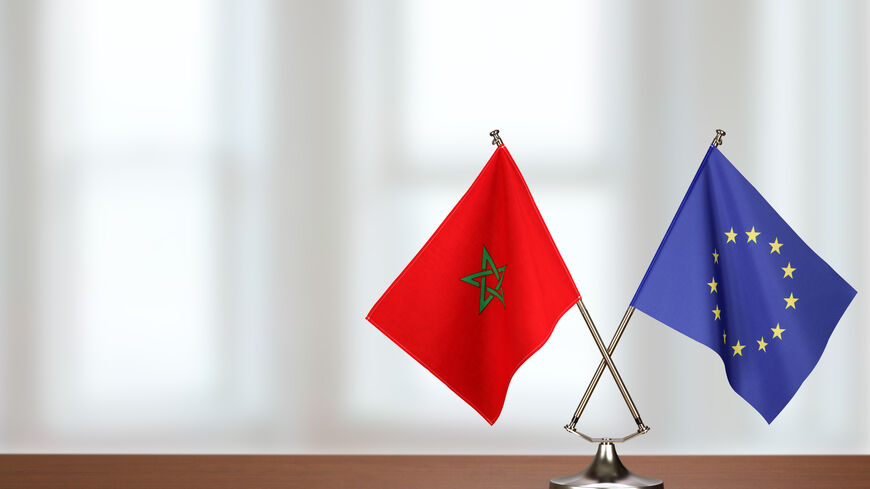Morocco’s removal from the European Union’s watchlist of countries under surveillance for money laundering and terrorist financing will benefit the country’s economy and facilitate capital flows in and out of the country, a global anti-money laundering expert has said.
The North African country was removed from the list of high-risk countries for money laundering and terrorism financing in a decision announced by the European Commission on Wednesday.
Morocco had been removed from the Financial Action Task Force (FATF) gray list in February after the kingdom implemented an action plan agreed upon by the group. Morocco was originally added to the gray list in February 2021.
The Commission said Wednesday that by implementing the FATF’s plan, Morocco has fixed problems with its Anti-Money Laundering/Combating the Financing of Terrorism (AML/CFT) system and no longer poses a money laundering and terrorism financing threat to the international financial system.
The bloc's watchlist features a closely monitored set of countries due to their deficiencies in combating money laundering and terrorist financing.
Rick McDonell, executive director of The Association of Certified Anti-Money Laundering Specialists (ACAMS) and former FATF executive secretary, told Al-Monitor that Morocco was removed from the FATF list for making “significant improvements” to its AML/CFT system.
“This will have included progress in improving its international cooperation mechanisms, strengthening AML/CFT supervision, increasing transparency of legal persons, strengthening the capacities of its financial intelligence unit and enhancing its ability to conduct money laundering investigations,” he said.
McDonell said the European Commission would have taken into account this removal and Morocco having sufficiently implemented any other requirements that the EU may have stipulated at the time of its listing.
Asked how the removals will impact Morocco economically, he said that countries on the gray list are not subject to countermeasures or enhanced due diligence. He stressed that it was a tool to help other countries consider the information included as part of their risk assessments of the countries listed.
“That said, there is research to suggest that there are negative economic impacts on countries placed on the gray list, including disruptions to capital flows, which should ease following de-listing,” McDonell added.
“Having been removed from the gray list will therefore benefit the country economically as there will be no potential sanctions hanging over it, and it will be seen politically as a reliable country in improving its anti-money laundering system.”
Other countries on the list in the region include Jordan, South Sudan, the United Arab Emirates and Yemen.







